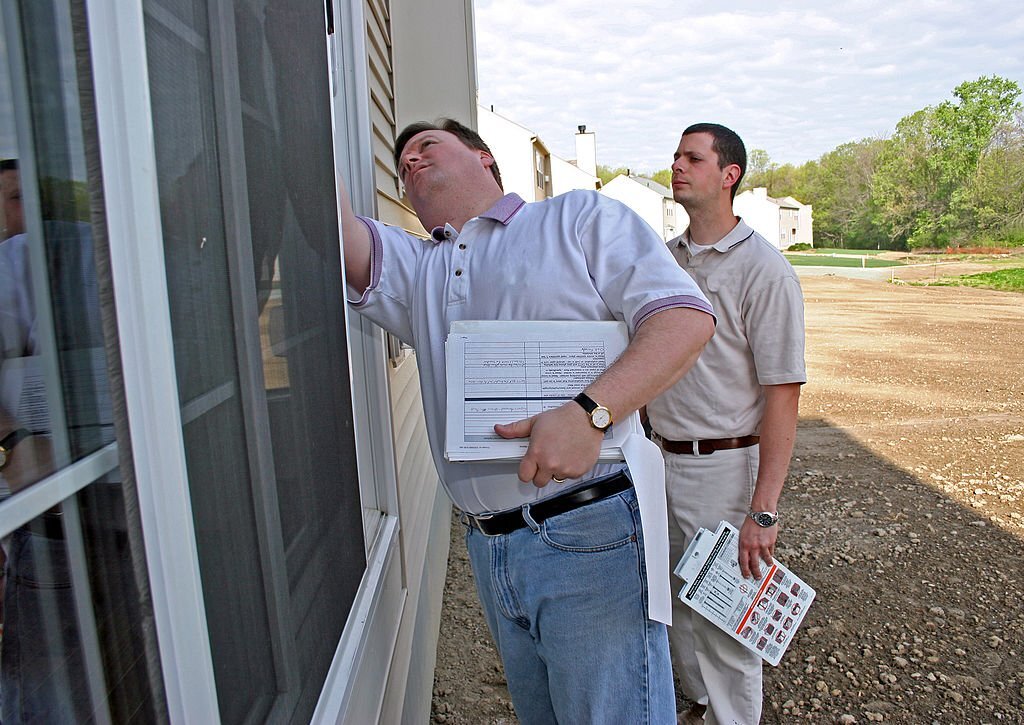When you’re in the market for a new home in Jacksonville, finding a reliable home inspector is just as crucial as finding the perfect property. As someone who’s helped countless homeowners navigate this process, a thorough home inspection can be the difference between making a sound investment and inheriting a money pit. Today, let’s dive deep into everything you need to know about selecting the right home inspector in Jacksonville and understanding what their findings mean for your future home.
Understanding the Role of a Professional Home Inspector
Let’s start with the basics. A home inspector is your objective eyes and ears during the home-buying process. Think of them as a doctor performing a comprehensive check-up on your potential new home. They’ll examine everything from the foundation to the roof, ensuring no stone is left unturned when evaluating the property’s condition.
Why Your Choice of Inspector Matters More Than You Think
You might be tempted to go with the first inspector you find or the one charging the lowest fee, but here’s why that could be a costly mistake. A skilled inspector can identify issues that could save you thousands of dollars in future repairs or give you negotiating power during the purchase process. On the flip side, an inexperienced or rushed inspector might miss critical issues that could become expensive problems down the road.
Essential Qualifications to Look For
When searching for a qualified inspector, several key credentials and qualities should be on your checklist:
State Licensing and Certification
Florida requires home inspectors to be licensed, which involves completing specific educational requirements and passing a state exam. This isn’t just a piece of paper – it’s your first assurance of professional competency.
Professional Association Memberships
Membership in organizations like the International Association of Certified Home Inspectors (InterNACHI) or the American Society of Home Inspectors (ASHI) indicates a commitment to ongoing education and professional standards. These organizations require members to complete regular training and adhere to strict codes of ethics.
Experience in the Jacksonville Market
Our local market has unique challenges – from dealing with hurricane preparedness to identifying potential water damage in our humid climate. An inspector familiar with Jacksonville’s specific housing stock and environmental conditions will know exactly what to look for.
Understanding the Inspection Process
A thorough home inspection typically takes 2-3 hours for an average-sized home. Here’s what you should expect during this crucial process:
Pre-Inspection Communication
A professional inspector should be willing to explain their process before the inspection begins. They should clearly outline what’s included in their services and what’s not. This is your opportunity to mention any specific concerns you have about the property.
During the Inspection
While the inspector works, they should be documenting everything they find with photographs and detailed notes. Good inspectors welcome you to follow along during the inspection – this is an invaluable opportunity to learn about your potential new home firsthand.
The Report
A comprehensive inspection report should be delivered within 24-48 hours. This isn’t just a checklist; it should include detailed descriptions of any issues found, along with clear photographs and recommendations for necessary repairs or maintenance.
Critical Areas Your Inspector Should Examine
Foundation and Structural Elements
In Jacksonville’s sandy soil, foundation issues can be particularly concerning. Your inspector should thoroughly examine:
- Signs of settling or shifting
- Cracks in foundation walls
- Evidence of water intrusion
- Proper drainage around the foundation
Roof and Exterior
With our frequent storms and intense sun exposure, exterior elements require careful scrutiny:
- Roof condition and remaining lifespan
- Proper flashing and drainage systems
- Condition of exterior cladding
- Window and door seals
Electrical Systems
Electrical issues can pose serious safety risks. The inspection should cover:
- Panel condition and capacity
- Proper wiring throughout the home
- GFCI protection in required areas
- Evidence of DIY electrical work
Plumbing Systems
Given our coastal location, plumbing systems need careful evaluation:
- Water pressure and flow
- Pipe materials and condition
- Water heater functionality
- Signs of leaks or water damage
HVAC System
In our hot, humid climate, a properly functioning HVAC system is crucial:
- Age and condition of equipment
- Proper installation and maintenance
- Ductwork condition
- Adequate cooling capacity
Understanding Inspection Findings
The Difference Between Major and Minor Issues
Not all inspection findings carry the same weight. Your inspector should help you understand:
- Which issues require immediate attention
- What can be addressed over time
- What’s merely cosmetic
- What could develop into a larger problem if not addressed
Cost Implications
While inspectors typically don’t provide specific repair costs, they should be able to give you a general idea of the severity of issues found. This helps you:
- Prioritize repairs
- Negotiate with the seller
- Plan for future maintenance
- Make an informed decision about the purchase
Red Flags in the Home Inspection Process
Inspector Behavior Warning Signs
Be wary if an inspector:
- Rushes through the inspection
- Discourages you from attending
- Doesn’t take photos or notes
- Seems dismissive of your questions
- Provides only verbal findings
Report Warning Signs
Quality inspection reports should never:
- Be vague or unclear
- Lack photographic evidence
- Omit major home systems
- Take more than 48 hours to deliver
- Miss obvious visible defects
Making the Most of Your Home Inspection
Before the Inspection
Prepare by:
- Researching your inspector thoroughly
- Making a list of specific concerns
- Ensuring all areas of the home are accessible
- Having questions ready about maintenance and upkeep
During the Inspection
Take advantage of this learning opportunity:
- Take your own notes and photos
- Ask questions about maintenance tips
- Learn where crucial systems are located
- Understand what regular maintenance will be needed
After the Inspection
Use the inspection findings to:
- Create a maintenance schedule
- Prioritize repairs if you purchase
- Negotiate with the seller if necessary
- Make an informed decision about the purchase
Final Thoughts
Remember, a home inspection is more than just a requirement for your mortgage – it’s your best protection against unexpected surprises in your new home. Take the time to find the right inspector, and don’t rush the process. The few hours spent during a thorough inspection can save you years of headaches and thousands of dollars in future repairs.
The right home inspector will not only identify current issues but also help you understand how to maintain your home properly for years to come. They’re an invaluable resource in your home-buying journey, particularly in Jacksonville’s unique climate and housing market. By following these guidelines and taking the inspection process seriously, you’ll be well-equipped to make an informed decision about your potential new home.





